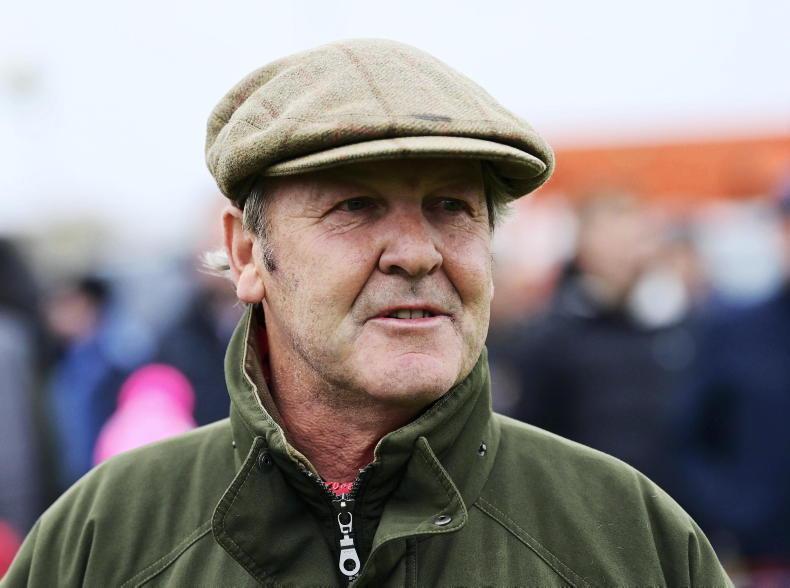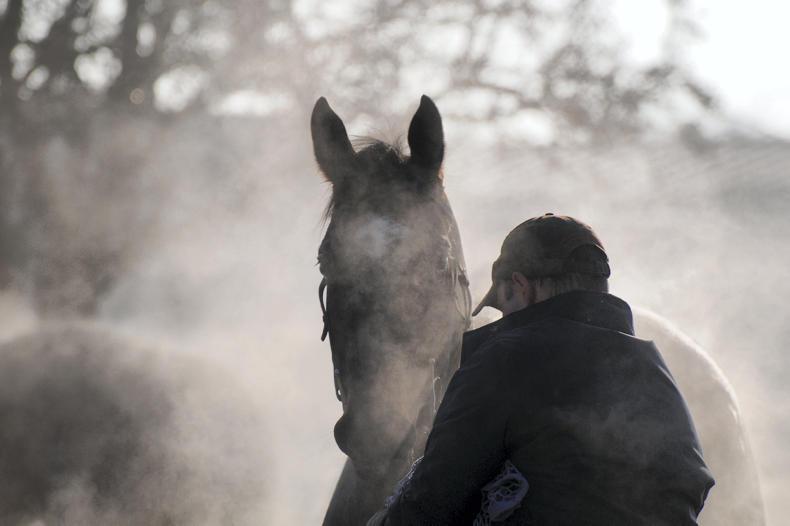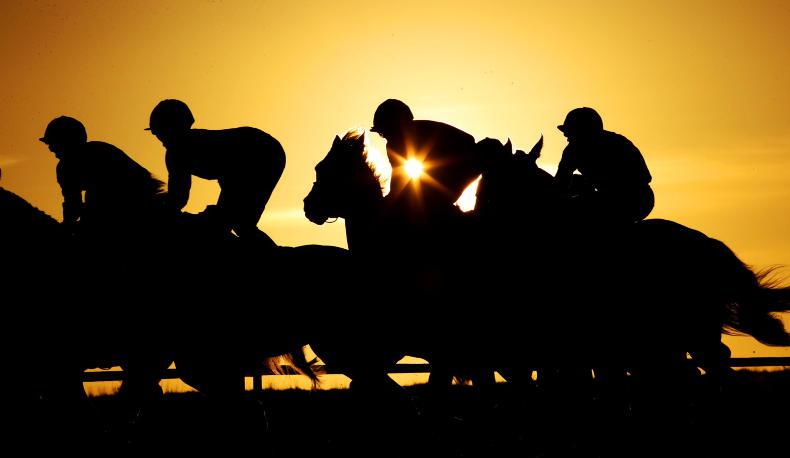THE Irish Horseracing Regulatory Board (IHRB) has launched a research project aimed at finding ways to reduce the risk of injury to horses and riders in racing.
The Equine Injury in Irish Racing Risk Reduction (EIIRRR) Project will undertake to analyse Irish racing data and to evaluate worldwide evidence of injury risk mitigation strategies, helping to identify opportunities to improve outcomes for horses and riders in Ireland.
The research team is being led by Dr Sarah Rosanowski, an equine epidemiologist, and supported by a project team with broad expertise and experience across the Irish racing industry, including trainers, jockeys, racecourse representatives, medical officers, veterinarians, Horse Racing Ireland and the IHRB. A report on the work will follow later this year.
The IHRB veterinary team has already put some actions into operation at Irish racecourses to act on early findings and recommendations.
Inspections
Having introduced EIIRRR to industry participants at a seminar last month, the first significant change to be implemented is an expansion of the IHRB’s existing raceday equine veterinary inspection programme.
IHRB regulatory veterinary surgeons are on duty at every one of the approximately 390 racing fixtures held in the year on the island of Ireland, and inspect or examine every horse before racing. Horses have been “trotted up” on a broad “whole card” basis since 2014, with individual horses being examined more closely based on known relevant history.
The EIIRRR Project has designed a risk assessment for raceday injury, allowing these veterinary inspections to be refined and expanded on a broader risk-based approach.
For example, any horse who has not raced for 365 days or longer, or any horse who fell on its previous start, will automatically be checked by the IHRB regulatory veterinary team on arrival at the racecourse. Equally, horses which are aged seven or older racing on the flat, and 10 or older competing in a National Hunt race, will also be a focus. Horses aged seven or older making their debut on the racecourse will also undergo a pre-race examination.
Alongside increased inspections on track, the IHRB veterinary team is keen to work with trainers and their vets in advance of any planned return to racing.


 This is a subscriber-only article
This is a subscriber-only article
 It looks like you're browsing in private mode
It looks like you're browsing in private mode










SHARING OPTIONS: